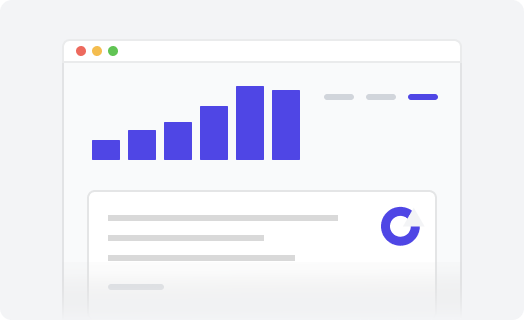Zendesk
Organizing categories and sections and designing easy-to-use navigation on the internal help center

About
As a trusted partner of Zendesk, we at Lotus Themes were thrilled to take over the project of renovating and customizing their existing internal help center for go-to-market teams.
Challenges
The challenge was to make the help center the united and only source of know-how for many go-to-market teams.
Zendesk had already developed various features on their help center before coming to Lotus Themes for help. As Niall Thomas, Global Manager, Knowledge Management at Zendesk, explained, he had reached the limits of his expertise and needed outside help.
In this case study, you can find out more about Zendesk’s project to customize their internal help center: What were the issues, and how were they resolved? What are the features Niall and his colleagues use now? What do they recommend to those facing similar challenges?
Solution
1. Scope
At Zendesk, the go-to-market department consists of various teams that aim to share their useful content with colleagues. At this stage, organizing the categories and sections and designing easy-to-use navigation is crucial. Not only should the user have a simplified user experience, but also experience a professional look and feel. Thanks to Niall and his holistic understanding, we were provided with a crystal clear explanation of issues to solve:
- complex navigation
- disorganized sections and categories
- outdated UX and UI
As a responsible and experienced knowledge management specialist, Niall did everything he could to solve his conundrum, and he came to us only when he reached the point when it was just beyond his expertise to proceed to the development stages.
“I needed to be able to make further adjustments and customizations myself on the fly because things change so quickly. And that was easily done. So I consistently make changes, improvements, and little tweaks myself. I can work with the documentation and code because everything is documented very clearly for me, so I can navigate it very easily if I need to make any adjustments.”
Niall Thomas, Zendesk
Niall persuaded his colleagues that Zendesk didn't need a new help center for every team. They just needed to update the oldest one and have “one single version of the truth.”
“There were so many different departments in our help center, and we were trying to consolidate. When I started, there were two or three help centers all on the same brand. And I've been trying to bring them all together so that we can search and find that information easier and work quicker and better together.”
Niall Thomas, Zendesk
The main goal was not just to build or rebuild a help center but to elaborate a self-service space and intranet-type site that would also be connected to other systems of corporate education.
2. Problems and solutions
The reduction of scrolling
Employees are also customers and don't like losing their precious time looking for necessities. To facilitate the searches, we reduced scroll time by consolidating information on one screen, thus opening up space and making the page less busy.
The navigation bar and its influence
As Niall explained, the previous top navigation bar was not so efficient — not all the categories were visible when the cursor was on the menu. We optimized the display of the subparagraphs and the general navigation system. Along with the home page compression, this solution allowed us to adapt the help center page to different screens.
“I have a small MacBook Pro with a 13-inch screen. Before, 90% of the time, I move it over onto my larger screen. But now, I don't need to do that; now, it translates very well. I've also used the help center page on my smartphone, and it's also working well.“
Niall Thomas, Zendesk
Popular searches
Small things can change everything. In the project, we integrated the search with recommendations based on new and popular requests. This feature works well because it allows employees to discover something new that they didn't know existed in the knowledge base. As Niall says, it's not about findability but discoverability.
“So we're absolutely delighted with that option and glad that we listened to Lotus Themes’ suggestion to add in these little popular searches — Google Analytics showed that 41% of our users are using it. It's obviously making a difference.”
Niall Thomas, Zendesk
3. Measurements are important
We were impressed by Zendesk’s approach to analytics — they use reporting, and a lot of it, which helps to understand what’s going on and where to go further.
In our case, after help center updates, Zendesk reporting and Google Data Studio showed Zendesk's team an increase in sessions and average time spent on the page.
And as for productivity, which is hard to measure, of course, Niall found out that the new onboarding team of the go-to-market department increased the results after using the newly updated knowledge base.
“We are using the help center in tandem with the training and learning management systems. So we're creating a self-service program that encapsulates all of those things together.”
Niall Thomas, Zendesk
Results
Customization can change everything
All in all, we have to say that we are glad to be trusted by Zendesk and be able to contribute and share their great aims and results: now, their internal help center is more than just a knowledge base — it’s a platform adapted to the needs and demands of different users.

In the end, we asked Niall to share some nuggets of wisdom with anyone thinking of making some improvements for their help center. Here’s what he said:
“Always remember the long-term maintenance part. Make sure that it's easy to maintain yourself in the future. Also, be aware of what you don't know — have an open mind, be open to Lotus Themes’ suggestions and recommendations, and trust them to make the right call when you're stuck.”
Niall Thomas, Zendesk



